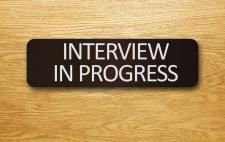Resources for LGBTQ Students
Posted on Thu, 11/15/2012 - 11:10
As of November 1, the Point Foundation scholarship application for lesbian, gay, bisexual and transgender (LGBT) students is available online and can be accessed here. Point Foundation is the nation’s largest merit-based scholarship organization for LGBTQ students, empowering them to achieve their full academic and leadership potential -- despite the obstacles often put before them -- and to make a significant impact on society, by providing financial support, leadership training and mentoring. Point is currently supporting 77 scholars in undergraduate and graduate school, assisting with tuition and living expenses. Since its inception in 2001, Point has invested more than $14 million in the education and support of 222 scholars. For more information, visit the Point Foundation website here.
Additional resources for LGBTQQI students can be found at "Resources" under the Book tab here on collegeadmissionbook.com. Please navigate to the bottom of the page to find additional scholarships and general information.
















